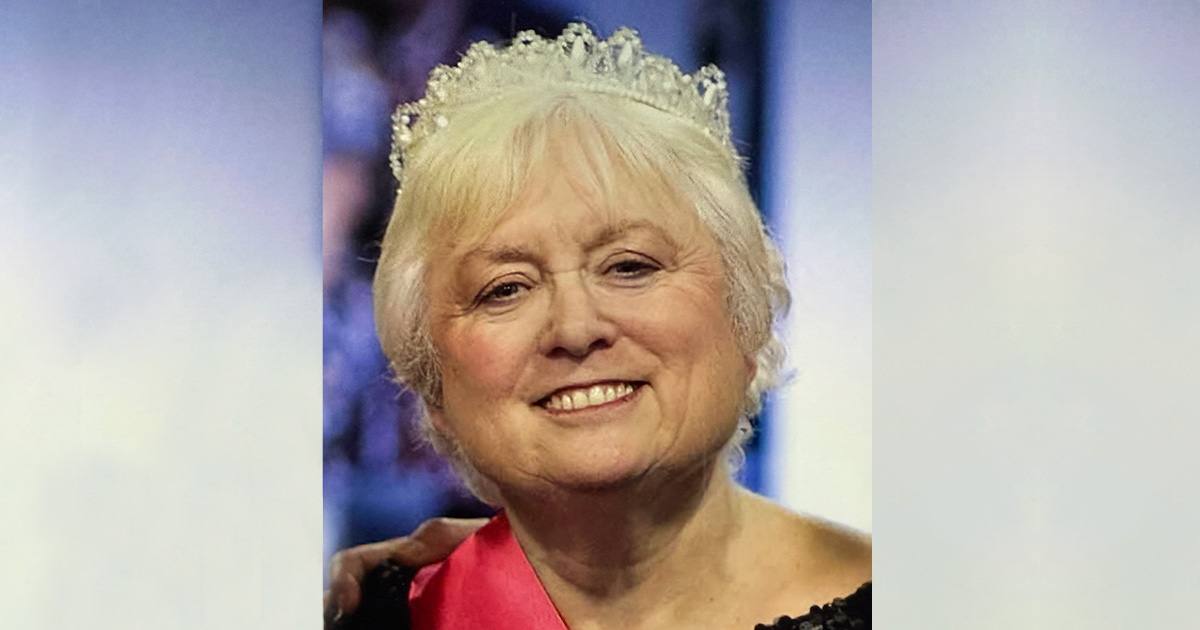As healthcare professionals working in the field of diabetes, we all strive to provide the best education for people with diabetes and their families and carers. Structured group education for newly-diagnosed people with type 2 diabetes is well established. Individual sessions and, more recently for people with type 1 diabetes, Dose Adjustment For Normal Eating (DAFNE)-type intensive education sessions are available. In many areas group starts are available for people with type 2 diabetes changing to insulin treatment. Are we always getting it right? Hopefully as nurses we reflect on the care we provide and audit this work.
Patient information sources provided by charities
Diabetes UK currently has a ‘Dear Richard’ page in its bi-monthly members’ publication Balance and the Diabetes Wellness Foundation publishes a ‘Q&A’ section in its newsletter (also available online at http://www.diabeteswellnessnet.org.uk [accessed 16.02.05]). Both charities make it clear, however, that they are unable to give individual medical advice. I feel privileged to have worked on the Careline at Diabetes UK, also answering letters and emails they have received, and more recently answering queries for the Diabetes Wellness Foundation.
Is the education we provide tailored to patient needs?
If we as nurses are tailoring the education for our patients, why do these charities receive so many enquiries for quite basic information and concerns? Are we getting it right or are our patients looking around for another opinion? It is understandable that common questions (as indicated in examples below) are asked by people who feel that they may have symptoms of diabetes or wish to have information for relatives coming to stay, such as food information and adapting recipes, or areas such as hypoglycaemia.
Examples of questions
Questions from people who are not diagnosed with diabetes
In recent years campaigns such as Diabetes UK’s ‘Missing Million’ and symptom awareness may have highlighted those more at risk of developing diabetes and prompted them to seek advice. It is completely understandable that perhaps these questions are asked as someone suffering from symptoms may feel that they are too trivial with which to consult their general practitioner, for example:
‘I am suffering with unusual thirst, blurry vision, slow healing of sores and frequent infections; I am tired and have numbness in my feet and hands. Can you help please?’
Questions those diagnosed with diabetes may ask
Those who have access to care are asking a variety of questions, examples of which are covered in the following letters:
Questions related to developing diabetes and medication:
‘Before my diabetes was diagnosed I went through as stressful period in my personal life. My question is – could this have caused me to develop diabetes?’
Examples of questions about complications:
‘I was put on insulin and take it twice a day (10 units 9am and 6pm). Please could you tell me if I could take it once a day or can I go back to taking my medication tablets?’
‘I would like to ask you a few things that have been troubling me. I have had type 1 diabetes for 39 years! For most of that time I have been well controlled. Recently I have had trouble with painful legs and feet. I live alone and am finding it difficult to sleep at night because of the pain. I am also finding it difficult to walk. Can you help me?’
‘I am a type 1 insulin dependent diabetic, I am 44 years old and have taken insulin since the age of 14. I am very scared about my level of care and the information that I receive, one needs more advice about types of insulin and measuring blood sugar levels. Why are the Americans so much further ahead?’
‘I am short sighted and go to see an ophthalmologist who advised me I had ‘floaters’. Does my diabetes cause this? Is laser treatment a good idea? I am not sure that laser treatment is a good idea. I am very scared please could you help me?’
Questions about diet:
‘I was found to be diabetic when I was pre-assessed before a cataract operation last year. I was already anaemic and having treatment for this. I was advised before my discharge from hospital about my diet – ‘no rough food, no cereals, no wholemeal bread or granary, etc’. My doctor and his wife have diabetes and they suggest to cut out cream and if I am hungry have dry bread. I do not need to watch my weight (I am 82 years old and weigh 58 kg). Cooking has always been my hobby but quite frankly I have lost all interest in it. I seem to favour dry water biscuits and sesame sticks besides lot of fruit that is expensive on a pension. Is it possible you could advise me and what kind of diet would be suitable for my future?’
Questions from relatives
Relatives may feel more comfortable seeking general advice by letter:
‘I am writing about my 17-year-old grandson who has had type 1 diabetes for about four years. For the first couple of years he kept quite well, but since Christmas last year he has had to be rushed to hospital. Twice (the second time was yesterday) with what the doctors call keto acidosis. He is very sick and his mother and all the family are really worried. What is the cause of it? How could it be prevented? What happens, as he gets older?’
Answers to this range of queries
These queries often seem like those that could be answered by the healthcare professionals; for example, where to inject when starting insulin, or why insulin is needed in someone with type 2 diabetes when oral medication is no longer controlling their diabetes.
So why do people with diabetes look elsewhere? Is it the timing of information that is important or is it a postcode lottery that affects the diabetes care these people receive? Are people with diabetes looking for a second opinion? While we will probably never know the answer, it is important that these needs are recognised and met in the future.





International Diabetes Federation officially recognises “type 5 diabetes”, decades after first being observed.
24 Apr 2025